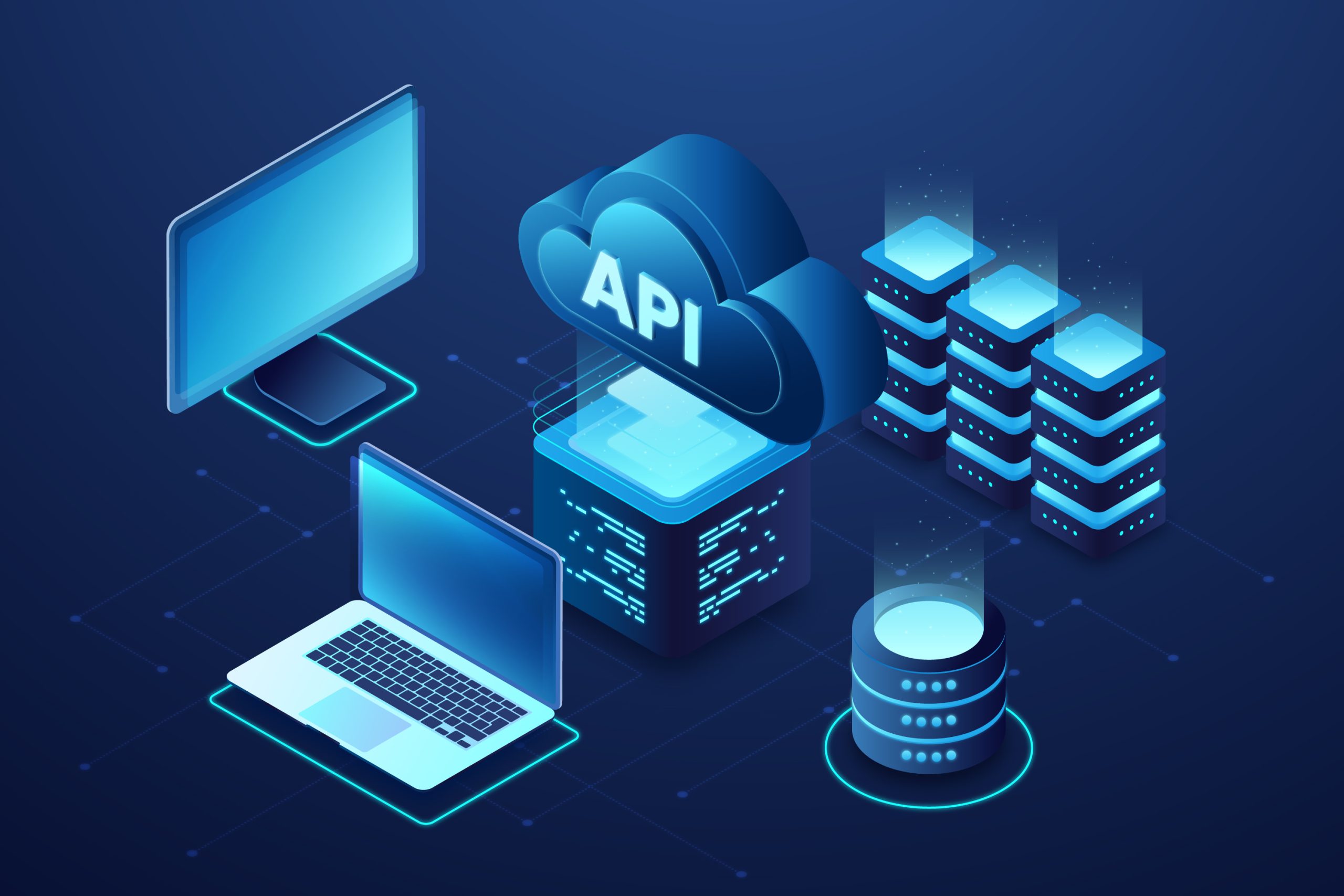Cyberattacks, data breaches, system outages — threats in the digital world can arise suddenly and paralyze a company. That’s why it’s crucial not only to secure your data but also to operate according to proven standards. How can this be implemented effectively within an organization? Is it possible to verify whether your partners have taken the necessary security measures? We have the answers!
Why Is Cybersecurity So Important for Businesses?
In the era of digital transformation, data has become one of a company’s most valuable assets, comparable to human and financial capital. Customer data, business partner information, transaction records, project details, and internal documents are all essential to the daily operations of any organization. Unauthorized access, modification, loss, or destruction of this data can have serious consequences — from disrupting operational continuity to eroding business partners’ trust.
Cyberattacks, malware, phishing attempts, and data breaches have unfortunately become daily occurrences. Increasingly, not only large corporations but also small and medium-sized enterprises (SMEs) are targeted, often because they are less technologically and procedurally prepared to deal with threats.
Cybersecurity should not be viewed as a one-off investment or an optional add-on — it must be treated as a continuous, strategic process. It involves not only technological safeguards (such as encryption, backups, and firewalls) but also organizational procedures, employee training, and access control policies. Equally important is the ability to respond to new and evolving threats, which continue to grow in sophistication and frequency.
Companies aiming to build resilient business structures must treat data protection not only as a regulatory requirement (e.g., GDPR compliance) but also as a key component of their responsibility toward customers, partners, and employees. High standards of data protection are increasingly seen as a competitive advantage and a measure of business credibility.
How Do Cyberattacks Impact the Security of DMS and Workflow Systems?
Document Management Systems (DMS) and workflow platforms are now crucial elements of companies’ digital infrastructures, managing processes across finance, HR, procurement, administration, and legal departments. Due to the sensitive nature of the data they handle (contracts, invoices, personal data, strategic information), they are prime targets for cybercriminals.
Cyberattacks can take many forms — from ransomware that encrypts documents and locks access to the system, to phishing attacks aimed at employees with administrative privileges. Attackers also exploit vulnerabilities in web applications or outdated system components.
The consequences of such incidents are severe: operational disruptions, data loss or theft, and potential violations of legal regulations like GDPR. In workflow systems, attacks could lead to falsified approval paths, document tampering, or unauthorized initiation of processes, severely damaging an organization’s credibility.
That’s why it’s critical for DMS and workflow solutions to be designed with security resilience in mind, and for their providers to demonstrate proven expertise and possess certifications confirming adherence to high security standards. A responsible approach to cybersecurity doesn’t end at system implementation — it requires continuous monitoring, updating, and access control management, integral to any Enterprise-class system.
Evaluating the Security of Business Partners
In today’s interconnected digital business landscape, data security extends beyond your organization’s internal boundaries. Working with external service providers, including IT vendors, DMS system operators, workflow platform providers, and cloud service companies, grants them access to critical information and systems.
Thus, it’s important to ensure that your partners are not only technologically competent but also reliable from a cybersecurity standpoint.
How can you assess a technology partner’s security standards? Start by checking if they hold valid security certifications. Certifications provide clear evidence that the company follows established procedures, actively monitors its IT environment, regularly undergoes audits, and is prepared for crisis scenarios.
Next, assess the vendor’s transparency — do they openly share information about their security measures? Do they provide access to their security policies? Do they offer support for GDPR compliance and other regulatory requirements? It’s also important to ask about their backup policies, data storage locations (especially for cloud solutions), access management practices, and incident response strategies.
For instance, at V-Desk, a special security mechanism is used for system communications: the JWT API. This technology helps prevent data interception by securing data transmission with short-lived keys, significantly boosting data protection.
Thoroughly checking these elements will not only reduce your company’s risk but also foster a culture of responsibility and trust in B2B relationships — a factor that’s becoming as crucial as product or service quality.
How to Choose a Secure DMS System
A DMS (Document Management System) is an IT solution that enables businesses to manage documents digitally — creation, storage, version control, workflow, archiving, and access control. It helps organize processes, reduce reliance on paper, accelerate information flow, and enhance oversight over document usage.
In the age of hybrid work, distributed teams, and the increasing digitization of business documents, selecting the right DMS system is a critical decision. Cybersecurity plays a pivotal role, not only for the data stored within the system but also across the broader IT infrastructure it connects to.
When choosing a DMS system, it’s important to consider:
- Security Certifications — Certifications like ISO 27001 (Information Security Management) and ISO 22301 (Business Continuity Management) confirm the vendor’s commitment to security and preparedness for emergency situations.
- Data Encryption — Both at rest and in transit. The system should ensure that documents remain inaccessible to unauthorized users, even if data is intercepted.
- Access and Permission Management — A robust role-based access control (RBAC) system that assigns appropriate permission levels to users and groups, minimizing risk of errors or abuse.
- Event Logging (Audit Trails) — Every access, modification, or transfer of documents should be recorded, enabling incident audits and forensic investigations.
- GDPR and Regulatory Compliance — The system should support data storage and processing in line with current legal frameworks, offering features like data anonymization, deletion, and consent management.
- Cloud and Server Security — Depending on the deployment model (cloud or on-premise), it’s crucial to rely on reputable providers that offer secure hosting environments.
- Data Transmission Security — Communication between systems must be properly secured.
At V-Desk, we implement JWT API technology for system communication. This mechanism uses short-lived keys to effectively prevent eavesdropping during data transmission, ensuring an additional layer of security.
Data Transmission Security with JWT API
V-Desk employs a JWT-based API communication protocol, utilizing short-term cryptographic keys to secure data during transmission. This mechanism significantly reduces the risk of interception and unauthorized access.
Choosing a DMS system should not be based solely on functionality or user experience, but primarily on trust in the provider’s approach to cybersecurity.
At Primesoft, we fully understand the importance of these security aspects. That’s why our V-Desk system was developed to meet the highest industry standards, both operationally and in terms of information security.
Primesoft V-Desk — A Security-Certified DMS Solution”
V-Desk by Primesoft holds two critical certifications: ISO 27001 and ISO 22301.
- ISO 27001 is an internationally recognized standard for Information Security Management Systems (ISMS). With this certification, V-Desk ensures effective risk assessment, appropriate security measures, incident monitoring, and breach reporting. Accountability of all operations is also built into the system, supporting compliance with GDPR and other regulations. This guarantees clients that their data is protected from both external and internal threats.
- ISO 22301 focuses on Business Continuity Management, ensuring that the system remains operational during unexpected disruptions or crises. For V-Desk users, this means that even during server failures, technical incidents, or extraordinary events, critical processes will continue, and data access will be quickly restored. This is essential for organizations handling sensitive information that cannot afford downtime.
By achieving ISO 27001 and ISO 22301 certifications, Primesoft provides clients with:
- Enhanced data protection — safeguarding against unauthorized access and cyber threats,
- Guaranteed service continuity — even in adverse conditions,
- Regulatory compliance — including GDPR, DORA, and NIS2 requirements,
- Reduced risk of downtime and financial loss — through effective risk management,
- Professional data security practices — validated by international standards.
Through these certifications, Primesoft not only demonstrates its commitment to cybersecurity but also provides V-Desk users with a competitive edge built on stability, transparency, and trust.




